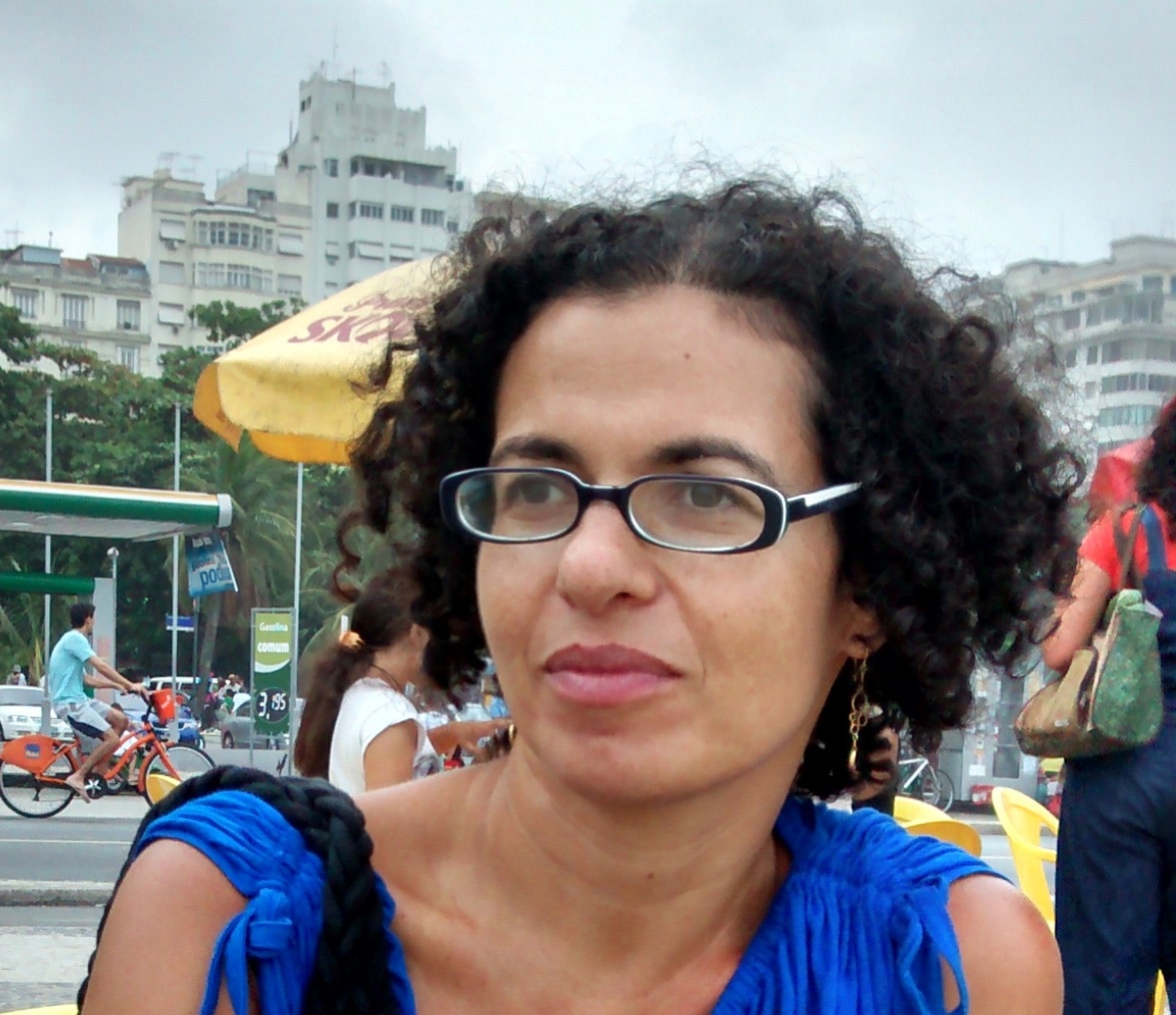One flew east, one flew west, and NNESTs flew everywhere.
The challenge of being a non-native English speaker in a native English speaking world
I recently came across EFL teacher James Taylor’s blog post about NNESTs’ struggle to be respected as English teachers by students and employers. In his guest blog post, James lists a number of advantages of being a NNEST over a being a NEST. Wow! I’d never given much thought to the issue of NNESTs (non-native English speaking teachers opposed to NESTs — native English speaking teachers), and yet I have belonged to this group most of my life! Needless to say, James’ words sound really encouraging for NNSTs, who struggle to have their views heard in an industry dominated by native speakers. Below is the myth revolving around this issue:
Myth: Native speakers make better models for learners because they have been speaking the language all their lives.
Truth: Well, it depends. “Not all native speakers have the same command of their language,” argues Michael Lewis. (2002. p. 43 ). When discussing the use of ought vs. should by native speakers, Lewis claims that “some speakers may seem to have a choice between ought and should, while for others there is either a different choice or no choice at all,” and he goes on to say that “sometimes, ironically, education interferes with the natural choice.” Lewis also argues that native speakers can get confused, too. I bet we can all remember an occasion when we didn’t know exactly what to say or write in our own mother tongue!
However, there was a time here in Rio de Janeiro when NESTs were the norm in most language schools. I remember a Brazilian teacher who pretended to be Canadian in an attempt to gain his students’ trust — That was back in the mid-eighties. Apparently, it made sense, though. Very few people had the chance to travel or study abroad. There was no Google and resources were scarce, so it was the NESTs who opened the door to a new culture and a language that not many people mastered back then.
The good news is that things have changed for the better here in Brazil. Fortunately, being a NEST is no longer the only requirement to get a teaching position. Many things have changed and businesses cannot employ anyone without a working visa, so the backpackers and adventurers who used to teach English in language schools and companies are long gone. Nowadays most institutions seek candidates who have a college degree in English, education, humanities, and other teaching qualifications. In other words, its teachers they are seeking and I think it’s fair to both NNESTs and NESTs. However, I’d strongly recommend that foreign teachers in Brazil get acquainted with the Brazilian political, cultural, and social contexts before they apply for a teaching position here. These factors, along with our rather strict employment policies, can become an issue for foreigners, who also need to adjust their teaching styles to meet the needs of students from a different culture.
Knowledge of the language one teaches is essential, but teaching skills and classroom management are just as important when you need to face a class of 20 rowdy young learners. In this aspect, both NESTs and NNESTs are in the same boat as they need to acquire these skills through training and professional development. Anyone can build up experience and become a better teacher along their career paths regardless of their mother tongue.
If you want to read James Taylor’s guest post and follow the TEFL equity campaign visit:
https://teflequityadvocates.com/2014/05/20/why-i-wish-i-was-a-non-native-english-speaker-by-james-taylor/
Further reading:
Lewis, M. (2002) The English Verb. An Exploration of Structure and Meaning. Thomson Heinle




